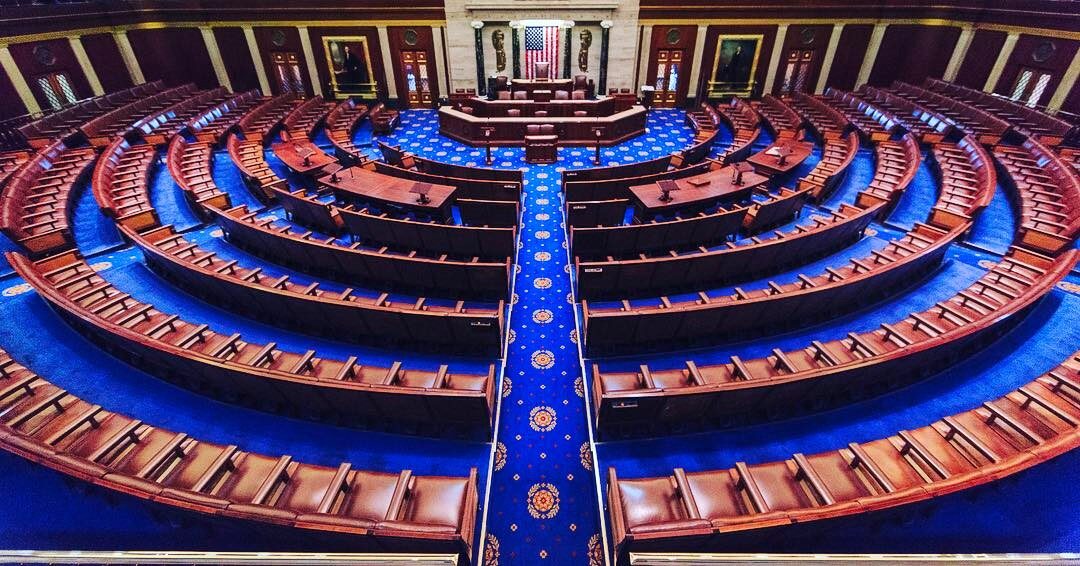While Tesla CEO Elon Musk has minimized the impact of the recent virus pandemic, (Two weeks ago Musk tweeted, “The coronavirus panic is dumb.”), Tesla battery partner Panasonic will cease operations at the Tesla plant near Reno, Nevada.
Panasonic just announced that it would send home about 3,500 Reno factory workers for two weeks beginning early next week — with pay and benefits, according to The Reno Gazette Journal. The Panasonic move impacts the battery line, while Tesla workers at the Reno site continue to build power trains for the Model 3, for the time being.
Last month, Tesla and Panasonic scrapped their partnership in building solar cells “after years of struggling to ramp up output at the Gigafactory 2 in upstate New York.”
While Musk has been reluctant to suspend operations in California (saying that he’d be working in Fremont) the state is under lockdown, car manufacturing is not considered an essential service, and Tesla will stop work at the Fremont, California factory on March 23.
Tesla’s statement: “We have decided to temporarily suspend production at our factory in Fremont, from end of day March 23, which will allow an orderly shutdown. Basic operations will continue in order to support our vehicle and energy service operations and charging infrastructure…Our factory in New York will temporarily suspend production as well, except for those parts and supplies necessary for service, infrastructure and critical supply chains. Operations of our other facilities will continue, including Nevada and our service and Supercharging network.”
For now, the Nevada factory is open for business.
Musk’s most recent release notes, “In many locations, we are in the process of implementing ‘touchless deliveries’ so customers can continue to take delivery of their vehicle in a seamless and safe way.”
Musk reassures investors, “Our cash position at the end of Q4 2019 was $6.3B before our recent $2.3B capital raise. We believe this level of liquidity is sufficient to successfully navigate an extended period of uncertainty. At the end of Q4 2019, we had available credit lines worth approximately $3B including working capital lines for all regions as well as financing for the expansion of our Shanghai factory.”
This content is protected by copyright and may not be reused. If you want to cooperate with us and would like to reuse some of our content, please contact: editors@pv-magazine.com.








Is this an omen? Elon Musk has large manufacturing in the two States so far that is on “lockdown”. Will Nevada become the next State to invoke the “lockdown” status? Is the TESLA China plant back in operation or is it still shut down due to Corona virus-19? The momentum of this action against the Corona virus across the U.S. will be felt later on, as the time goes by and businesses stay closed, it is more likely that many will not “bounce back”. As small businesses fail, the ancillary services of food, drink, alcohol manufacture and delivery will effect those industries.
Hi my name is Alex Varner, we have 281 cases so far in our county.I work at Panasonic and my scared to go back to work as are others I work with. People being bused there everyday don’t stand a chance of not catching the virus and will spread it very fast. There is also no way we can stay away from one another because of our work we do there.we are scared.